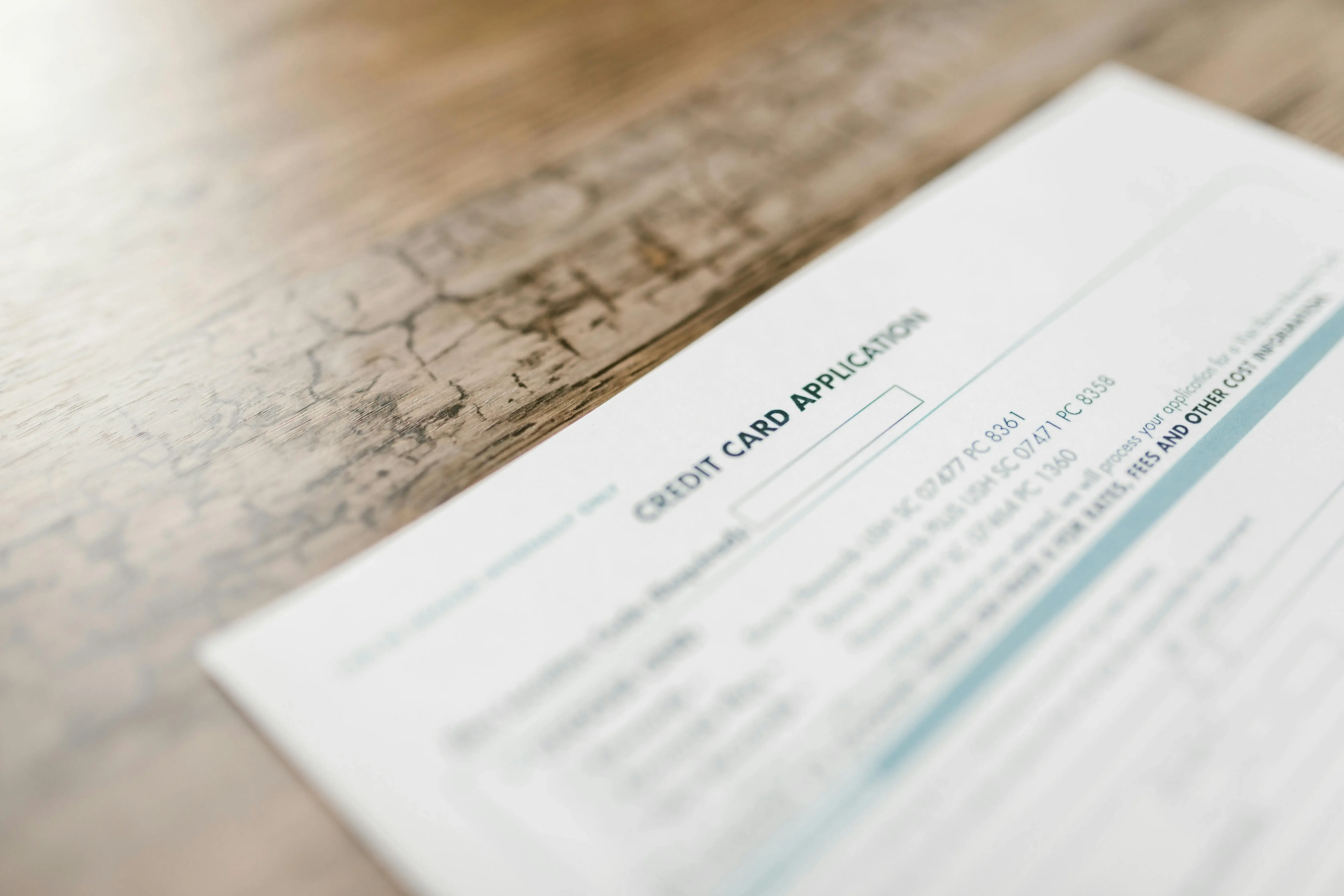
Kudos has partnered with CardRatings and Red Ventures for our coverage of credit card products. Kudos, CardRatings, and Red Ventures may receive a commission from card issuers. Kudos may receive commission from card issuers. Some of the card offers that appear on Kudos are from advertisers and may impact how and where card products appear on the site. Kudos tries to include as many card companies and offers as we are aware of, including offers from issuers that don't pay us, but we may not cover all card companies or all available card offers. You don't have to use our links, but we're grateful when you do!
Does a Payment Holiday Affect Your Credit Score?
July 1, 2025


Quick Answers
An officially agreed-upon payment holiday with your lender should not negatively affect your credit score, as your account will be marked as current.
Future lenders can see the payment holiday on your credit report, which may influence their assessment of your financial situation.
Interest typically continues to accrue during the holiday, increasing the total amount you owe over the life of the loan.
What Is a Payment Holiday?
A payment holiday is a formal agreement with a lender that allows you to temporarily stop or reduce your monthly payments. These arrangements are typically offered for a predetermined period on credit products like mortgages, personal loans, or credit cards. The primary goal is to offer a short-term financial reprieve to individuals experiencing temporary difficulties, such as job loss or unexpected expenses.
Because a payment holiday is an authorized pause, it is not recorded as a missed payment on your credit file. Consequently, taking an agreed-upon payment holiday should not directly damage your credit score. It is important to note, however, that interest often continues to accumulate during this period, which can increase the overall cost of your loan.
How a Payment Holiday May Affect Your Credit Score
While a payment holiday can provide short-term financial breathing room, it's crucial to understand its potential long-term effects. Here’s how the arrangement can influence your credit profile over time.
- Formal Agreement: The process begins when you and your lender formally agree to the payment holiday. This official arrangement ensures your account isn't marked as having missed payments, which would directly harm your score.
- Credit File Notation: Your lender reports this arrangement to credit reference agencies. Instead of a "missed payment," a special marker is placed on your file, indicating an approved payment deferral.
- Future Lender Scrutiny: When you apply for credit later, potential lenders will see this marker. They may interpret it as a sign of financial instability, which could affect their lending decision or the rates offered.
- Impact on Total Debt: Paused payments are typically added back to your loan principal. This increases the total interest you'll pay over the loan's lifetime, raising your overall debt burden.
How Much Will a Payment Holiday Affect Your Credit Score?
While an agreed-upon payment holiday shouldn't directly damage your credit score, there are several factors to consider regarding your credit file. Here are a few key points to keep in mind.
- Formal Agreement: It is crucial to have a formal agreement with your lender before stopping payments. Without one, any missed payments will be reported to credit agencies and will negatively affect your score.
- Credit File Markers: Lenders may place a special notice on your credit file indicating an emergency payment freeze. While not lowering your score, other lenders will see this when assessing future credit applications.
- Future Lending Decisions: Lenders can see payment holidays on your report when you apply for new credit. This could influence their decision, as it may suggest previous financial difficulty.
How You Can Avoid a Payment Holiday Affecting Your Credit Score
Negotiate Directly with Lenders
Proactively contact your lender to discuss your situation. They may offer temporary solutions, such as an interest-only period or a reduced payment plan, which might not be formally reported as a payment holiday, thereby protecting your credit file from any negative notations.
Utilize Emergency Savings
If you have an emergency fund, consider using it to cover your payments. While this depletes your savings, it ensures your payment history remains unbroken. This can be a crucial short-term strategy to maintain a healthy credit score during a period of financial difficulty.
Ways to Improve Your Credit Score
Improving your credit score is an achievable goal, and with consistent, positive financial behavior, it's possible to see meaningful changes within a few months. According to a guide for 2025, there are several proven methods you can use to boost your score.
- Monitor your credit reports. Obtain free reports from Experian, TransUnion, and Equifax through AnnualCreditReport.com to check for errors, dispute inaccuracies, and track your progress.
- Set up automatic bill payments. Your payment history is the most significant factor in your score, so ensuring every bill is paid on time is a critical first step.
- Reduce your credit utilization ratio. Aim to use less than 30% of your available credit by paying down balances or requesting credit limit increases.
- Become an authorized user. Being added to an account with a long history of on-time payments and low utilization can help improve your own credit profile.
- Diversify your credit mix. Lenders like to see that you can responsibly manage different types of accounts, such as credit cards and installment loans.
- Limit hard inquiries. Avoid applying for too much new credit at once, as multiple hard inquiries in a short period can temporarily lower your score.
The Bottom Line
A payment holiday won't directly harm your credit score, but it is recorded on your credit file and may be considered by lenders when you apply for credit in the future.
Frequently Asked Questions
Will a payment holiday always appear on my credit report?
Yes, lenders report payment holidays to credit reference agencies. This information will be visible to other lenders who check your credit file in the future.
Can I get a mortgage during a payment holiday?
It's unlikely. Lenders often view payment holidays as a sign of financial instability, which can negatively impact your eligibility for new credit like a mortgage.
Does a payment holiday mean I've defaulted?
No, a payment holiday is an authorized pause in payments and is not the same as a default, which occurs when you miss payments without agreement.
Unlock your extra benefits when you become a Kudos member

Turn your online shopping into even more rewards

Join over 400,000 members simplifying their finances

Editorial Disclosure: Opinions expressed here are those of Kudos alone, not those of any bank, credit card issuer, hotel, airline, or other entity. This content has not been reviewed, approved or otherwise endorsed by any of the entities included within the post.


































.webp)
.webp)



.webp)



